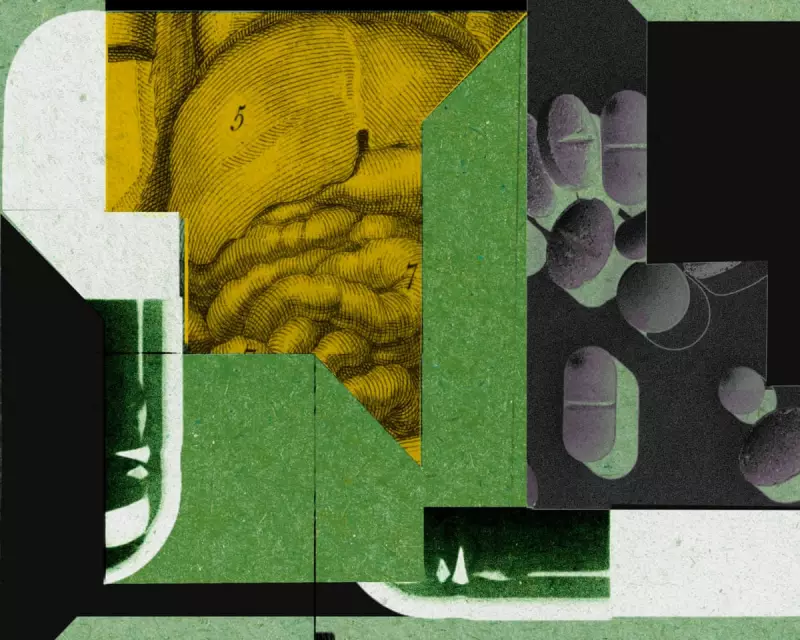
That bottle of natural herbal supplements in your medicine cabinet, promising better health and vitality, might be concealing a dangerous secret. Groundbreaking research has uncovered that some of the most popular herbal remedies could be silently wreaking havoc on one of your body's most vital organs: the liver.
The Silent Epidemic in Natural Health
While many consumers turn to herbal supplements believing they're safer than pharmaceutical drugs, medical experts are witnessing a concerning rise in liver injuries linked to these natural products. The very substances marketed for their healing properties are increasingly appearing in clinics as the culprits behind serious hepatic damage.
Most Concerning Offenders
Several herbal supplements have raised particular alarm among hepatologists:
- Green tea extract: Often promoted for weight loss, high concentrations can trigger severe liver inflammation
- Kava: Used for anxiety relief but repeatedly linked to liver toxicity
- Comfrey: Traditionally used for wound healing despite known liver risks
- Black cohosh: Popular for menopausal symptoms but associated with liver injury cases
Why "Natural" Doesn't Always Mean Safe
The misconception that herbal equals harmless persists despite growing evidence to the contrary. Many consumers don't realise that natural compounds can be just as potent—and potentially damaging—as synthetic pharmaceuticals. The liver, being your body's primary detoxification organ, bears the brunt of processing these concentrated plant compounds.
The Regulatory Grey Area
Unlike prescription medications, herbal supplements face significantly less stringent testing and regulation. This regulatory gap means many products reach shelves without comprehensive safety assessments, leaving consumers vulnerable to unexpected side effects.
Protecting Your Liver Health
Medical professionals emphasise several key precautions for supplement users:
- Consult your GP before starting any new herbal regimen, especially if you have existing health conditions
- Research thoroughly and choose reputable brands with third-party testing
- Monitor for symptoms like fatigue, jaundice, abdominal pain, or dark urine
- Be sceptical of miracle claims and understand that natural doesn't automatically mean risk-free
The Bottom Line
While many herbal supplements offer genuine health benefits, the assumption that they're inherently safe because they're natural is dangerously misguided. As research continues to uncover the complex relationship between herbal compounds and liver function, informed caution becomes increasingly important for anyone considering alternative health approaches.
The message from healthcare professionals is clear: treat herbal supplements with the same respect and caution you would any medication, because when it comes to your liver, what you don't know can indeed hurt you.





